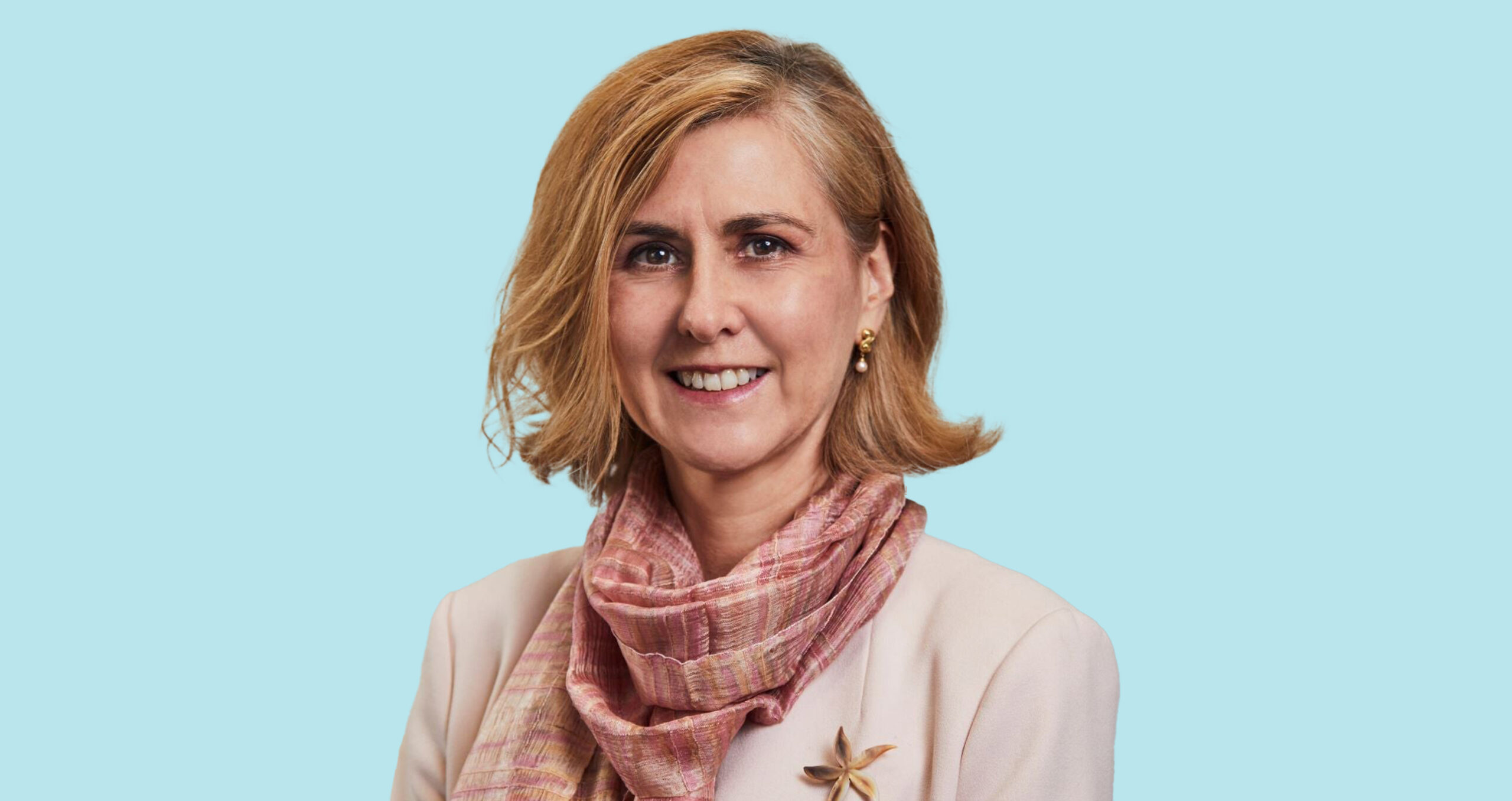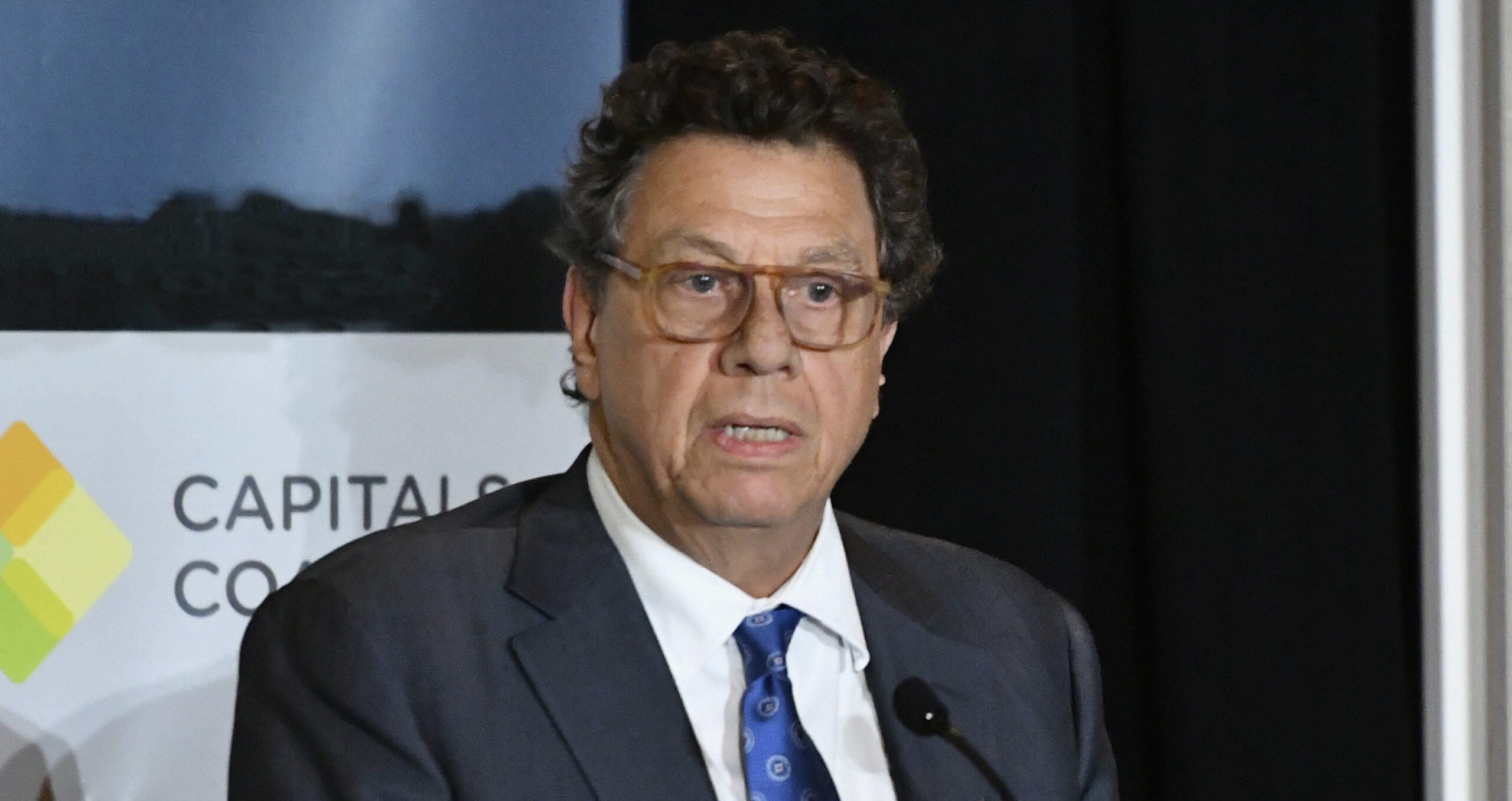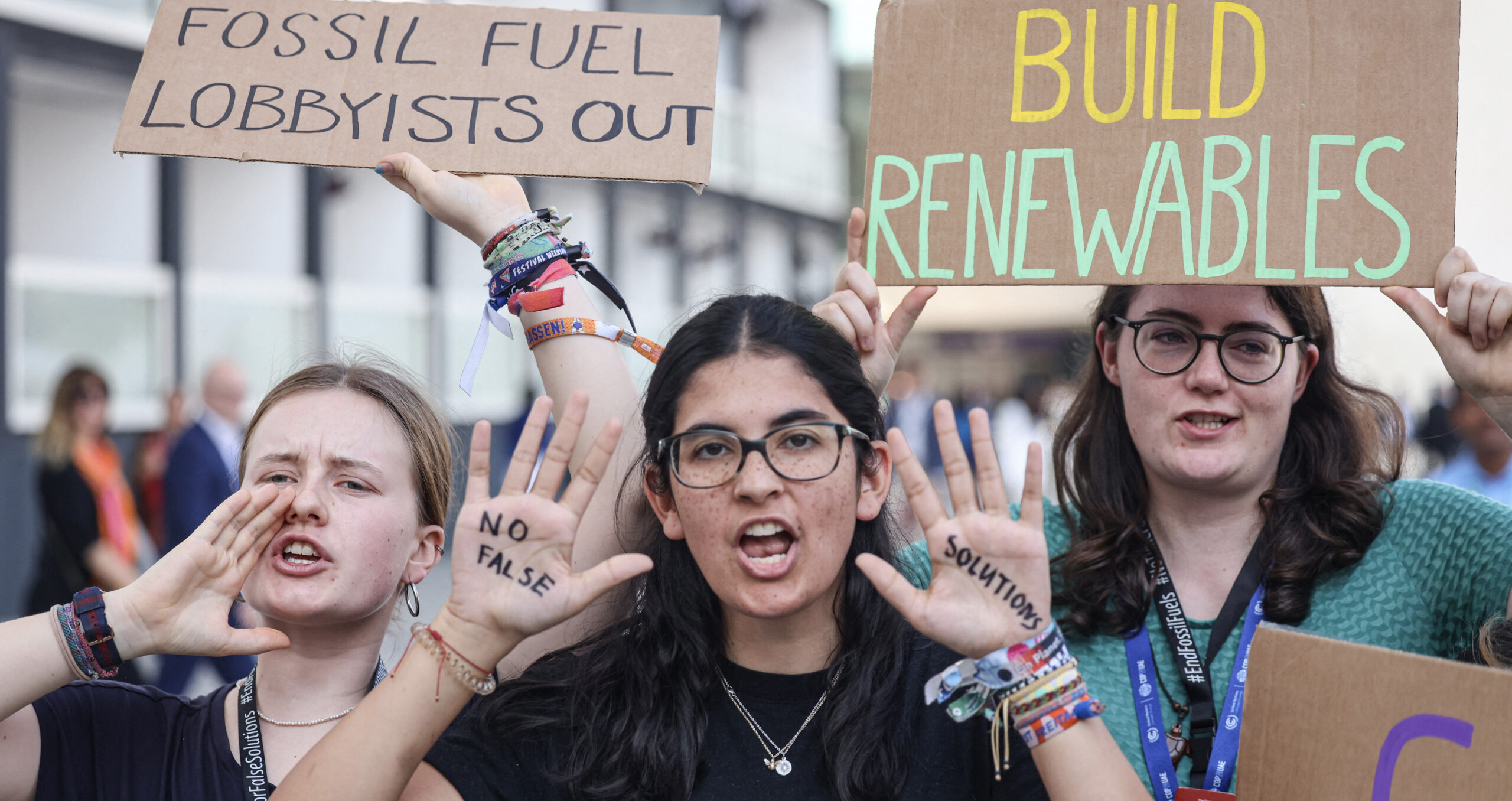

One of the biggest challenges of the International Sustainability Standards Board will be creating disclosures suitable for companies in both developed and developing countries, says one of the organisation’s top officials.
In January, Sue Lloyd left her role as vice-chair of the International Accounting Standards Board to join, in the same role, the newly created International Sustainability Standards Board. Both organisations are part of accounting standard setter IFRS. Lloyd talks to Sustainable Views about the complexity of creating new sets of standards that are suitable for both large and small companies in both developed and developing economies – as well as whether standards should also consider companies’ impact on people and the planet.
The interview has been edited for clarity and brevity.
How does your work at the ISSB compare with the role you held at the IASB?
We [at the International Sustainability Standards Board] are trying to bring sustainability reporting into the mainstream corporate reporting, so a lot of what the International Accounting Standards Board would think about is relevant to sustainability reporting standards. What’s different, of course, is the subject matter – it’s so new. There’s a big need for education and for capacity building.
The other thing that’s unique to the ISSB is that we know sustainability information is really important for investors, but not only investors; and we know jurisdictions are very interested in particular aspects of disclosure because of public policy.
A really important role for the ISSB is working in partnership with others to make sure that the disclosures we require fit well with disclosures needed for other purposes.
Does accounting have the right tools to understand sustainability?
I don’t think [the ISSB’s work is] bound by accounting. The only really pertinent concept that we have used in the ISSB’s proposals and that is closely linked to financial statements is the idea that, ultimately, when you decide which disclosures to identify, these should be the disclosures that are important enough they could really affect [investors’] decisions.
That’s important because investors don’t want just pages and pages and pages of information. They want to know what they really need to focus on. We’ve borrowed that filter from our sister body, the IASB.
The ISSB has attracted well-known international names, from former Danone CEO Emmanuel Faber as chair, to the recently appointed vice-chair, Jingdong Hua, formerly of the World Bank. Is this a sign of the importance of sustainability, but also of its challenges?
I’m delighted to have another vice-chair – there’s lots of work to go around. Having somebody with Jingdong’s experience [as a former vice president and treasurer of the World Bank] is a reflection of what we always knew we would need. We’ve always talked about building a global baseline of disclosures that are fit for purpose around the world, not just for the largest companies, not just for developed economies, but also for smaller companies in emerging markets.
Jingdong will be very focused on the capacity-building side of what we need to work on, with a particular emphasis on the global south. His experience at the World Bank is really powerful.
My focus will be much more in bringing my standard-setting skills to the fore – working closely with the board and the technical staff to make sure that we actually develop and deliver high-quality standards. Our roles are distinct as part of the leadership team working with Emmanuel.
In the long run, will the ISSB consider double materiality?
What is clear from the mandate of the ISSB, which I don’t expect to change, is having an investor focus – making sure that the information provided meets the needs of investors in their decision making.
When we use the words ‘enterprise value’ – which was very much what we focused on in our exposure drafts – we are asking ourselves if people have understood what that means, and if that is the right phrase. That’s one really important discussion that we’ll have at the board level in the not too distant future.
Then there is double materiality and the European perspective. I’m trying to encourage people not to think of it as being quite so distinct, and certainly not in the terms that one is right and one is wrong [enterprise value, which focuses on ESG risks to companies, compared to double materiality, which considers also companies’ impact on the environment and society and which EU regulators are adopting]. Unfortunately, it often turns into that sort of debate.
The thing that’s really important to emphasise is that we do capture a lot of impact, even with an investor focus. And that’s because increasingly, when companies have an impact on the environment or on society, investors care about that.
You say the ISSB’s proposals already capture environmental and social impact. How?
An obvious example of this is the proposal to ask for Scope 3 green house gas emissions in our disclosures, something that would be very impact-related. It isn’t impact in the pure sense, but it affects enterprise value and how investors think about companies because it affects, for example, how they may need to change their business model to deal with transition risk because of climate change.
It can affect whether customers want to buy a company’s products because customers are interested in understanding how companies behave when they decide who they want to be seen supporting in the market. And so a lot of impacts are relevant to investors. This distinction between an investor focus and double materiality is not so black and white,
Thinking about the EU and its European Sustainability Reporting Standards proposal [which centres around the double materiality principle], we’re trying to be pragmatic and think about which disclosures we have in common that we each think are relevant, given our different perspectives – and we’re homing in on that.
Similar Articles

‘No leakage’ structure to strengthen carbon markets, says Costa Rica’s environment minister

Youth on COP28: few women but an ‘overwhelming number of fossil fuel lobbyists’


